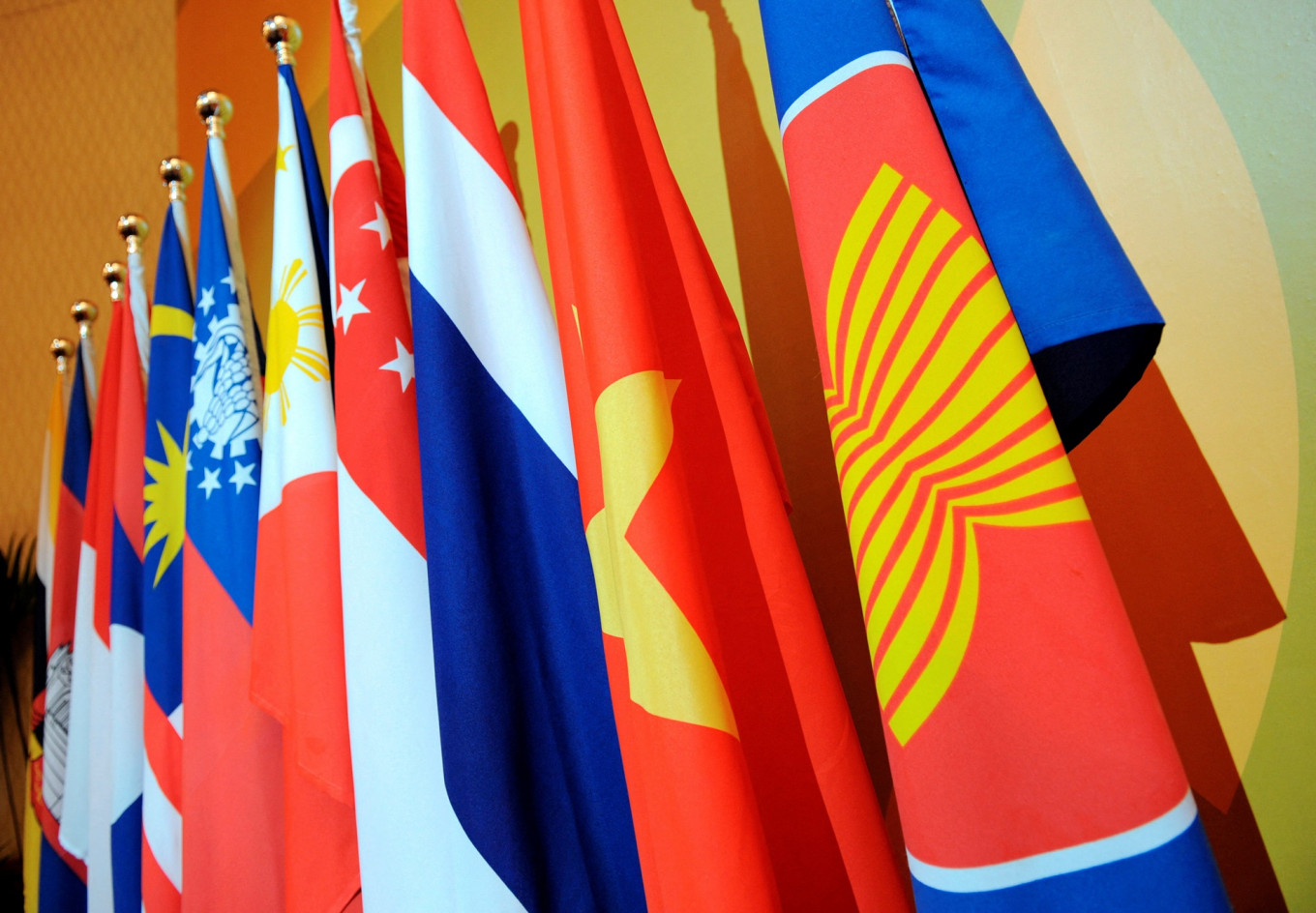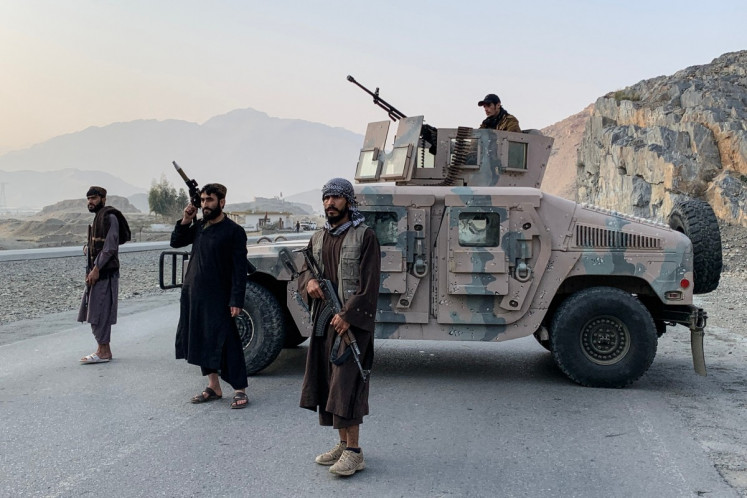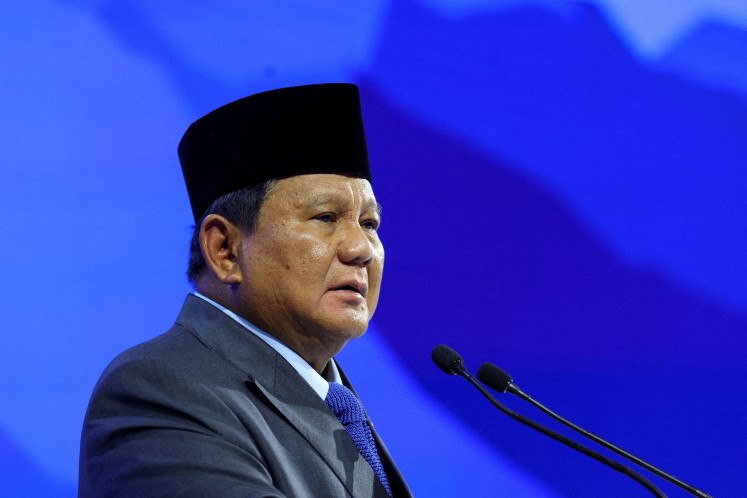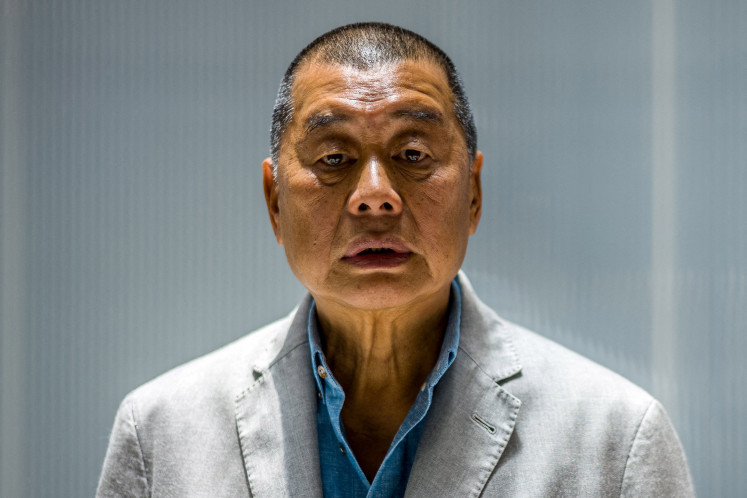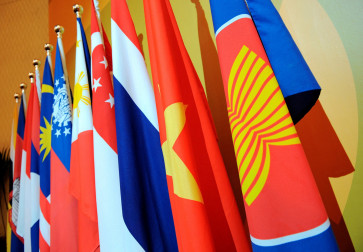Popular Reads
Top Results
Can't find what you're looking for?
View all search resultsPopular Reads
Top Results
Can't find what you're looking for?
View all search resultsSoutheast Asia expresses concern over ‘arms race’ in region
Change text size
Gift Premium Articles
to Anyone
S
outheast Asia’s top diplomats expressed their anxieties over the weekend about the risk of an “emerging arms race” in the region, as tensions between global powers persist with ever more countries seeking to throw their hats into the Indo-Pacific ring.
Self-restraint, adherence to international law and dialogue-led resolutions using ASEAN mechanisms must be exercised to prevent an open conflict, ASEAN ministers reiterated in a joint communique released on Saturday after their annual week-long ministerial meetings with partnering nations including the United States, China and Russia.
China’s rapid rise to superpower status in the past decade has rearranged much of the world’s geopolitical landscape, forcing Southeast Asian countries to grapple with the tensions emerging from Beijing’s increasingly active foreign policy and its subsequent resistance from existing hegemon Washington, a competition of influence that has so far tested the limits of diplomacy.
With increased security alliances, surging military activities and more frequent confrontational incidents quickly becoming among the region’s most defining characteristics, ASEAN foreign ministers urged, in the communique, that global powers do what they must to de-escalate and keep the area free from weapons of mass destruction.
“We expressed concerns about the possible negative consequences and impact of autonomous weapons systems on global security and regional security and regional and international stability, including the risk of an emerging race, lowering the threshold for conflict and proliferation,” the ministers said.
Amid ASEAN’s efforts to establish its primacy in the region, there has been a spike in external interests solidifying their positions in the Indo-Pacific in recent years, a phenomenon that has been widely deemed as complicating existing tensions initially sparked by the US-China rivalry.
Australia and the United Kingdom, for example, formed a triad with the US (AUKUS) in 2021 to bring nuclear-powered submarines into the region, just a few years before the Australia-India-Japan-US security pact (Quad) was revived after having lain dormant for over a decade.

